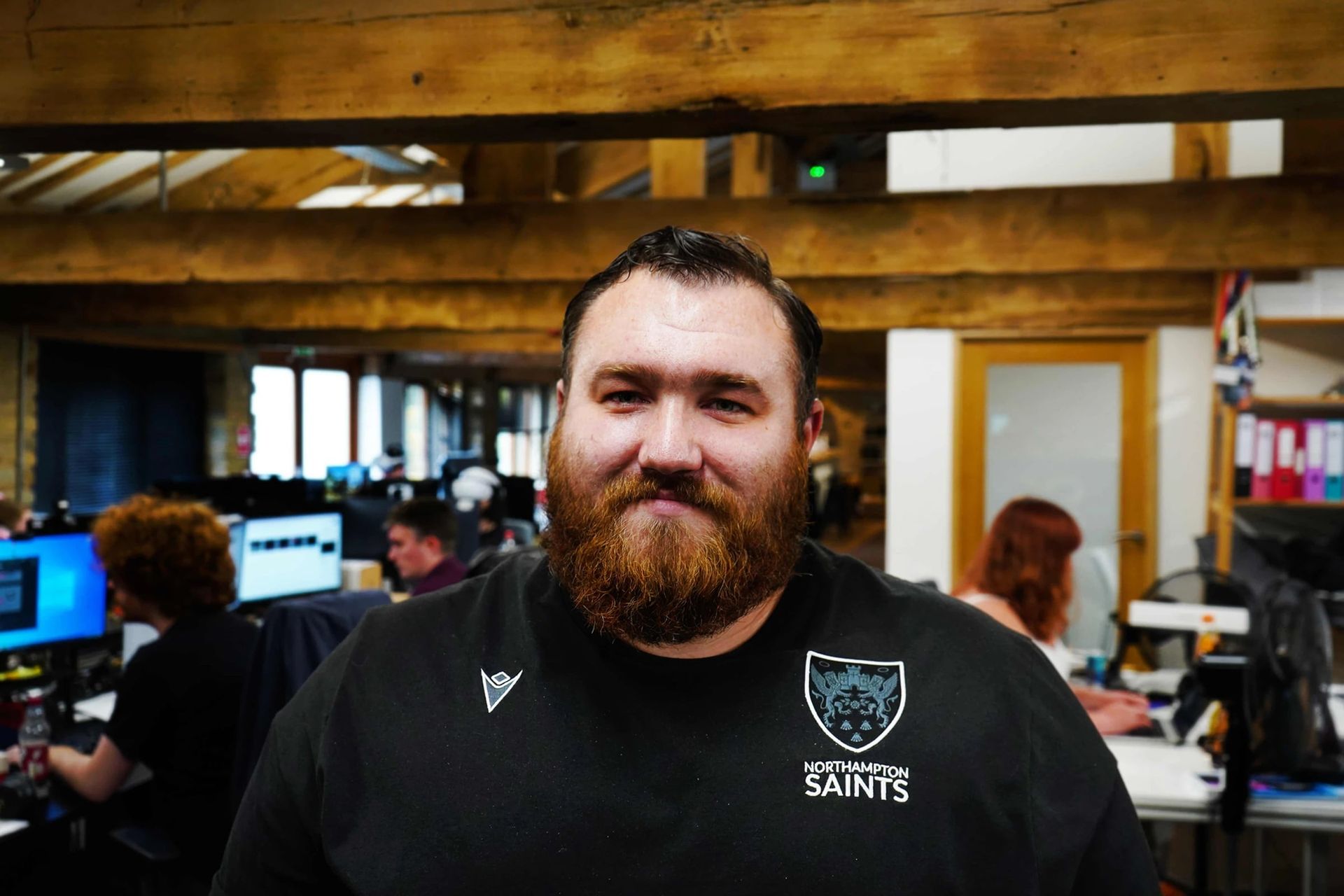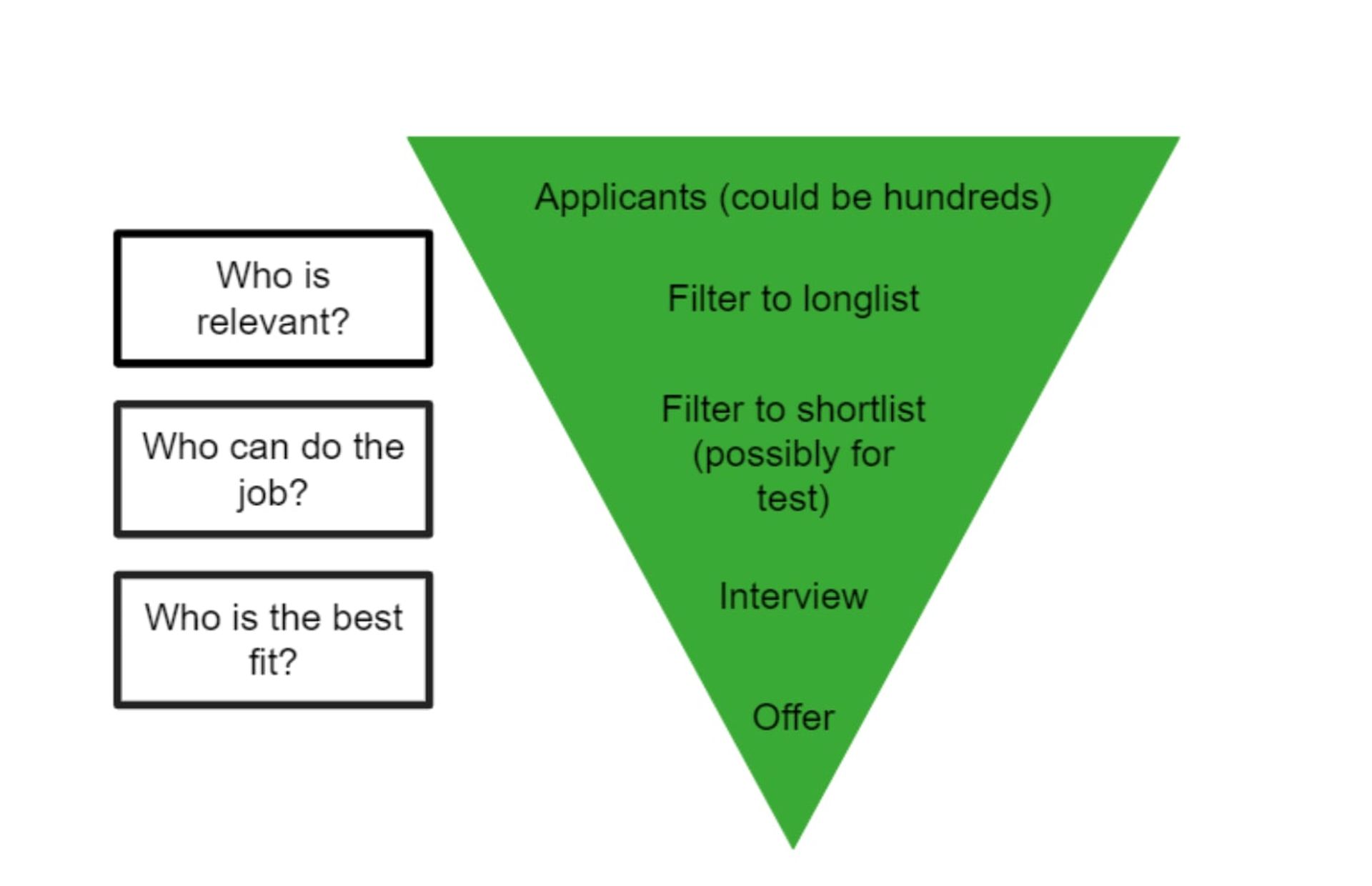How to get a job in games is a phrase googled by many, with over 1.4 billion results currently on Google. If you’re reading this, there's a strong chance you've typed out this very phrase yourself, but the quest for answers never stops.
How to get a job in games | XR Futures


First things first, this article isn't a guide to building a portfolio or writing a CV. Instead it's about providing an overview of the process of getting a job in the games industry and the different tools you will need.
What’s more important, your CV or your portfolio? How many pieces should be on your portfolio? What should you include on your CV? As long as you are a good artist/coder/designer the rest doesn’t matter right?.....right?
To help answer these questions I want to first list out some of the most important tools you will need when it comes to getting a job:
- A portfolio of your gamedev work
- A CV containing:
- An overview of your skills and qualifications
- A clear outline of your game development experience
- Information about you incl. Your hobbies & interests
- Presentable & professional social media accounts
- Good interviewing and communication skills
Now what if I told you all of these tools are equally important when applying for a job and each will play a role at different stages of a successful application process.
What is an application process?
The application process for a job can and will change depending on each role, team and company however we can identify stages you will go through as an applicant.

Moving through the stages
Applicant → Longlist
Most useful tools:
- An overview of your skills & qualifications on your CV
- A portfolio of your gamedev work
The games industry is something which many dream of working in and influences thousands of people to follow a path of study at university every year. This also means that in reality there are far more people pursuing a career in games compared to the amount of entry-level jobs that exist.
It’s because of this that you must be prepared to be amongst potentially hundreds of other applicants for each entry-level role you apply for.
At this stage, as a recruiter, the primary question I am looking to answer when filtering candidates to a longlist is: Who is relevant? This means I am going to be looking for the basics of what that job needs, this could be related to your skills & qualifications or it could be seeing something specific on your portfolio. Here I am looking for clear evidence of whatever the job needs.
Longlist → Shortlist
Most useful tools:
- A clear outline of your gamedev experience on your CV
- A portfolio of your gamedev work
- Good interviewing and communication skills
Once I have initially identified that you are relevant on paper, my next step would be to confirm this fully as well as start to answer the question: Who can do the job?
At this stage you may be invited to a quick screening call with the recruiter, this is where we will finalise the question of whether someone is relevant or not. Confirming details such as location, availability and salary expectations. We are also likely to discuss your experience so far and the projects on your portfolio to get a feel of what experience you have so far. You may also find that for some roles in some companies you could be invited to do some kind of task/test at this stage too, this also helps us identify those who we believe can do the job.
Shortlist → Interview
Most useful tools:
- A portfolio of your gamedev work
- Good interviewing and communication skills
- Presentable & professional social media accounts
Once shortlisted, the recruiter will have a pretty good idea of whether you are somebody who could do the job and will likely be making recommendations to the hiring team that an interview should be set up. It’s at this point, leading up to and during the interview that the hiring team are seeking to answer the question of whether you can do the job. While preparing for the interview your interviewer will be going through your portfolio and work in more detail, this will then provide the bulk of the conversation at your interview. They will likely check out any social media accounts like LinkedIn etc. too to see if there are any red flags or points of interest to talk about.
Interview → Offer
Most useful tools:
- Good interviewing and communication skills
- Information about you incl. Your hobbies & interests
Congratulations you have made it to the interview, by this point we have a pretty good idea of whether technically you can do the job or not, the real question we will be looking to answer now is: Who is the best fit?
Game development is a team effort and the cultivation of company culture and high performing teams is vital to pretty much every studio. This means that you could be an incredibly talented artist/coder/designer but if you come across as someone who could be disruptive to the team and environment you will probably struggle to convert interviews to job offers.
Ultimately to have the best chance of converting an interview to a job offer you need the interview to go well and this will largely come down to your communication and interviewing skills. It’s natural to feel nervous but through practice and preparation you can develop these skills further, leading to a more natural, free-flowing conversation.
One often overlooked tool that can come in to play here is some personal details about you, who you are, why you want to do this, what interests you have outside of work/studies. It is during preparation for your interview where you interviewer will take the most notice of this on your CV, it’s where they will take notes of something interesting they may want to talk about in the interview, you could have common interests with the rest of the team and it also shows you have a life outside of game development, which is always a good thing!
Conclusion
So to wrap things up, here are many tools at your disposal when it comes to applying and securing a job in the games industry and all of them play their part in the process. I hope that by understanding this process you can prepare your materials and upskill to be more successful.